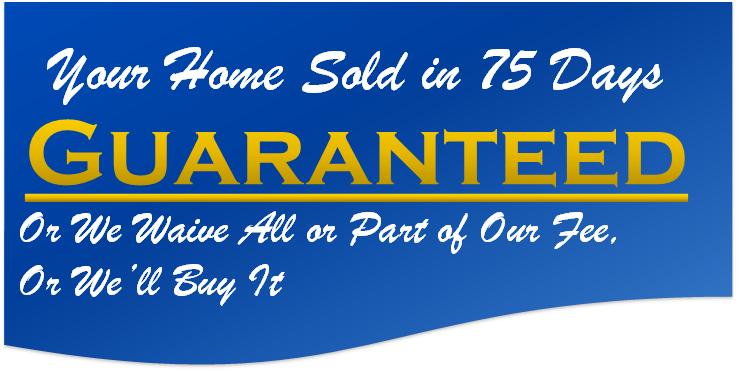When you are ready to sell your home, there are a number of steps to getting everything taken care of. One of the last steps in the process should be the cancellation of your homeowner's insurance. Even if you have already moved out of the home, you need that insurance in place for a variety of reasons.
- Liability Risks While Selling
When you are selling your home, you have a number of people entering the home and walking around the property. If one of them is injured, you remain responsible for that injury even if you no longer live there. As long as you are the homeowner of the property, you remain the person who is liable for anything that happens there.
Having a lot of people coming and going can increase the odds of something going wrong, and you could find yourself facing a lawsuit or claim against you. Keep that homeowner's policy in force throughout the selling process to ensure you are protected.
- Keep Contents Protection
With strangers coming and going from your home, your valuables are at risk. Although you hope that everyone who enters your home will respect your property, it might not always be the case. Homeowner's insurance will protect all of the items in your home and ensure that if something is stolen or damaged, you will have coverage.
It also covers your personal property anywhere it goes, so you will have coverage while in transit or in storage during the move.
- You're Still Responsible
Until everything is signed and official and the home is sold, you remain the person responsible for anything that happens there. Your mortgage company requires that you maintain homeowner's insurance until the loan is paid off either by you or by selling.
If anything happens to the home and it's not insured, you will find yourself still owing on that loan and without the means to replace or repair the home. It's vital that you keep the homeowner's insurance in place until you are completely free of any liability or responsibility for the home.
Wait until you no longer carry any risk of facing lawsuits or having to pay for repairs on the property or contents before you cancel your homeowner's insurance. And make certain that you have the policy for your new home in place as well so that you have no interruptions in your coverage. This will ensure there aren't any potentially costly gaps in insurance.



